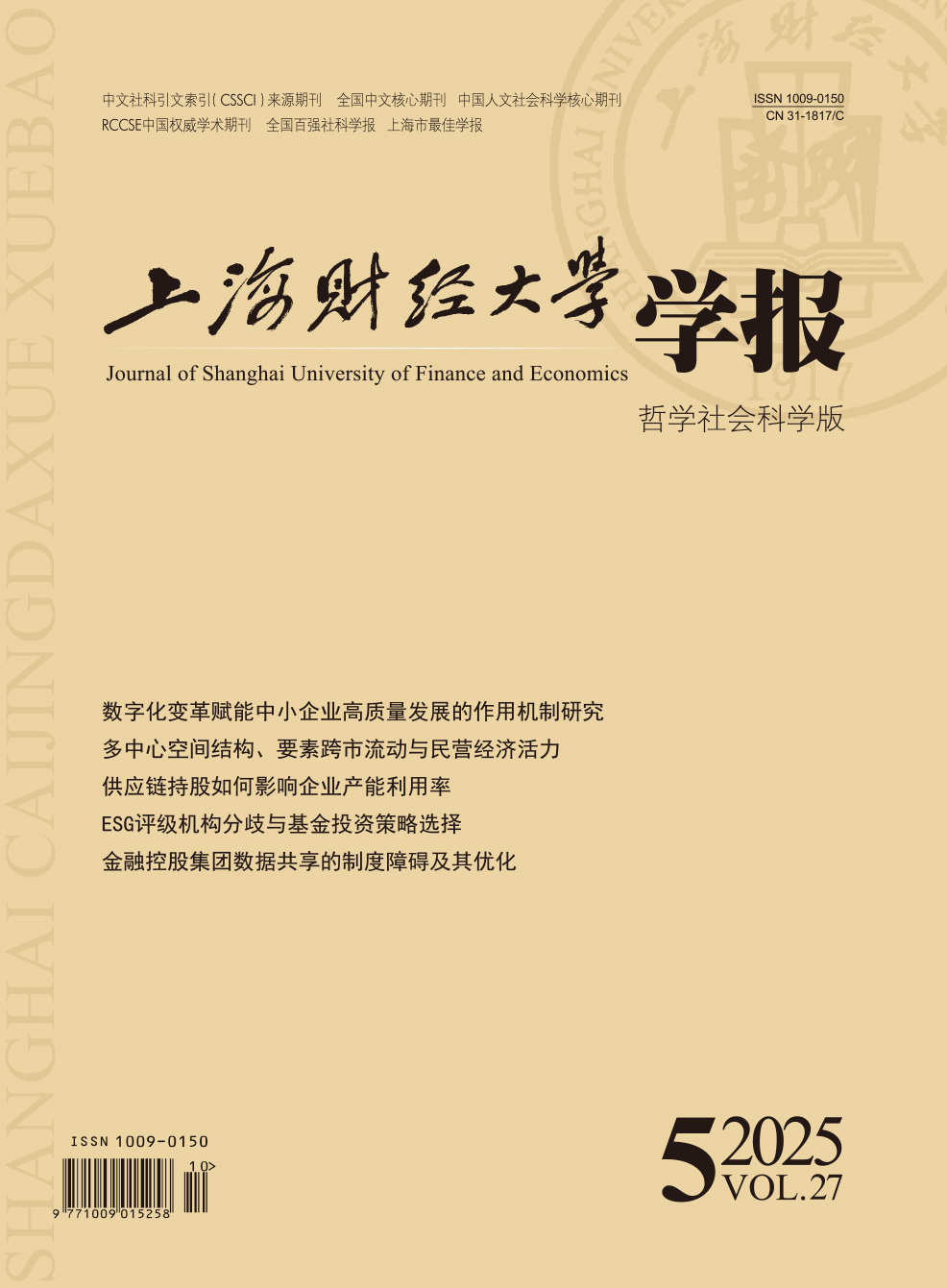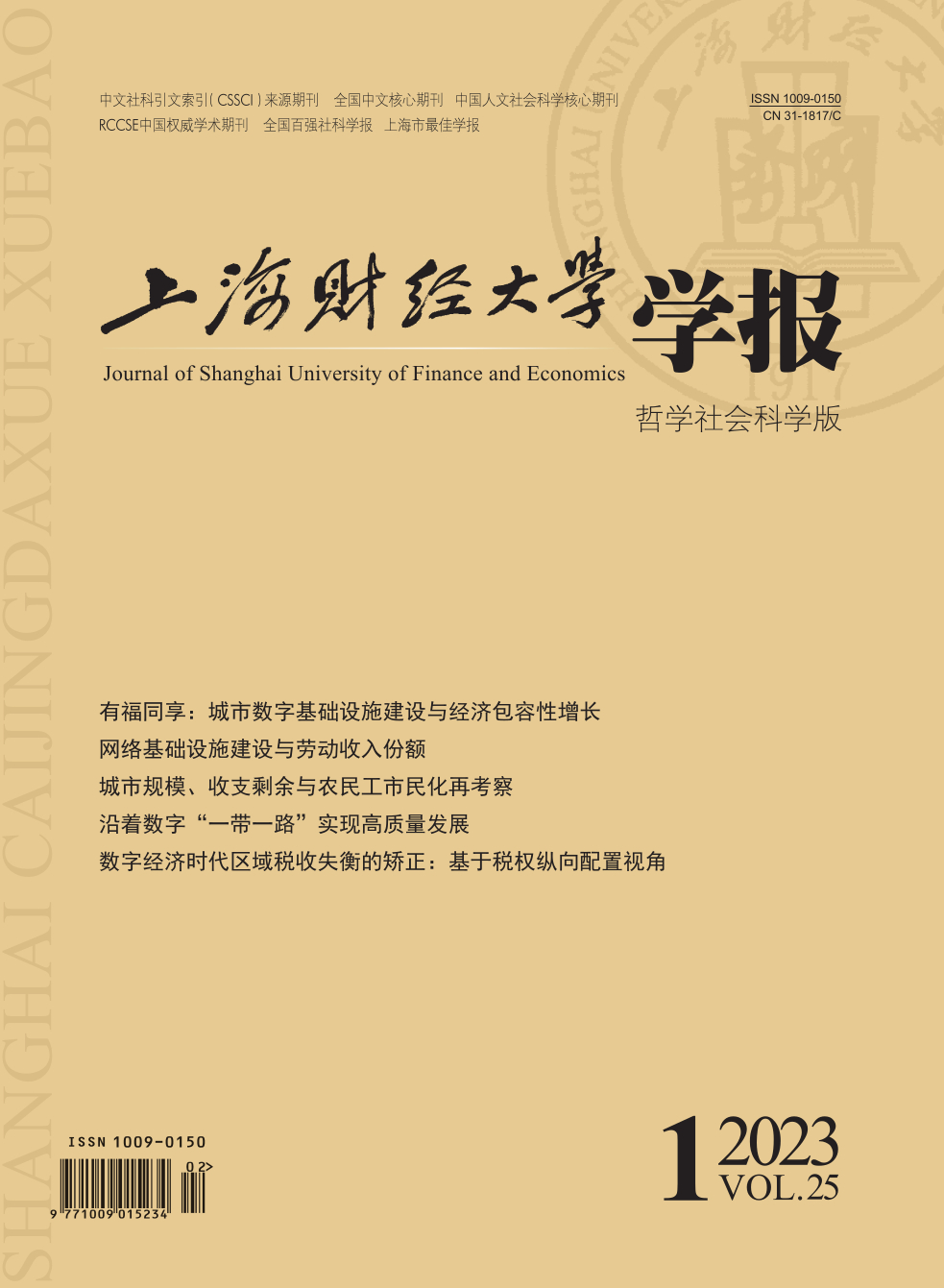In the new era of reform and opening up as well as socialist modernization, the Report of the 20th National Congress of the Communist Party of China has pointed out the direction for regulating killer acquisitions in the field of digital economy. Ensuring the healthy development of the digital economy is an important part of “building a unified national market, deepening the market-oriented reform of factors, and building a high standard market system”. Preventing and responding to the anti-competitive effect caused by killer acquisitions of large digital enterprises is particularly important for maintaining the competitive order of the digital economy, and “standardizing and guiding the healthy development of capital according to law”. In this context, the killer acquisitions launched by large enterprises in the field of digital economy against start-ups have become the focus of China’s anti-monopoly academia and industry. Such mergers and acquisitions have directly curbed the development of start-ups, eliminated the competitive threat of large enterprises, exacerbated the gap between other enterprises and large enterprises, hindered the development of technology in related fields, and damaged the interests of consumers. Even if it can be defined as concentration of business operators, killer acquisitions are still difficult to respond through the current system. On the one hand, the current standards for prior declaration of concentration of business operators are difficult to deal with killer acquisitions; on the other hand, under the current substantive review standard, law enforcement agencies mainly analyze the impact of killer acquisitions on innovation, and how the concentration system realizes the analysis of innovation factors still needs to be further clarified. In order to deal with killer acquisitions, the Provisions of the State Council on the Reporting Standards for Concentration of Business Operators should specifically add the prior declaration standards for such mergers and acquisitions; the Provisions on the Examination of Concentration of Business Operators should specify the main factors relied on by law enforcement agencies to analyze the impact of concentration on innovation, and establish relevant systems for operators to defend through innovation; law enforcement agencies can also set up a “special list” system for super platform enterprises to strengthen the application and review of killer acquisitions of such enterprises. The identification and regulation of killer acquisitions in the field of digital economy requires law enforcement agencies to go deep into the daily operation of digital enterprises to find out the facts of the case. The ascertainment of facts and the acquisition of evidence both test the coping ability of law enforcement agencies. The improved system can only be verified and developed in practice. The problem in the field of digital economy should be solved in the interaction between theory and practice.
 / Journals / Journal of Shanghai University of Finance and Economics
/ Journals / Journal of Shanghai University of Finance and EconomicsJournal of Shanghai University of Finance and Economics
LiuYuanchun, Editor-in-Chief
ZhengChunrong, Vice Executive Editor-in-Chief
GuoChanglin YanJinqiang WangWenbin WuWenfang, Vice Editor-in-Chief
Anti-monopoly Regulation of Killer Acquisitions in the Field of Digital Economy
Journal of Shanghai University of Finance and Economics Vol. 25, Issue 01, pp. 124 - 138 (2023) DOI:10.16538/j.cnki.jsufe.2023.01.009
Summary
References
Summary
Cite this article
Guo Chuankai. Anti-monopoly Regulation of Killer Acquisitions in the Field of Digital Economy[J]. Journal of Shanghai University of Finance and Economics, 2023, 25(1): 124-138.
Export Citations as:
For




 4984
4984  6978
6978

